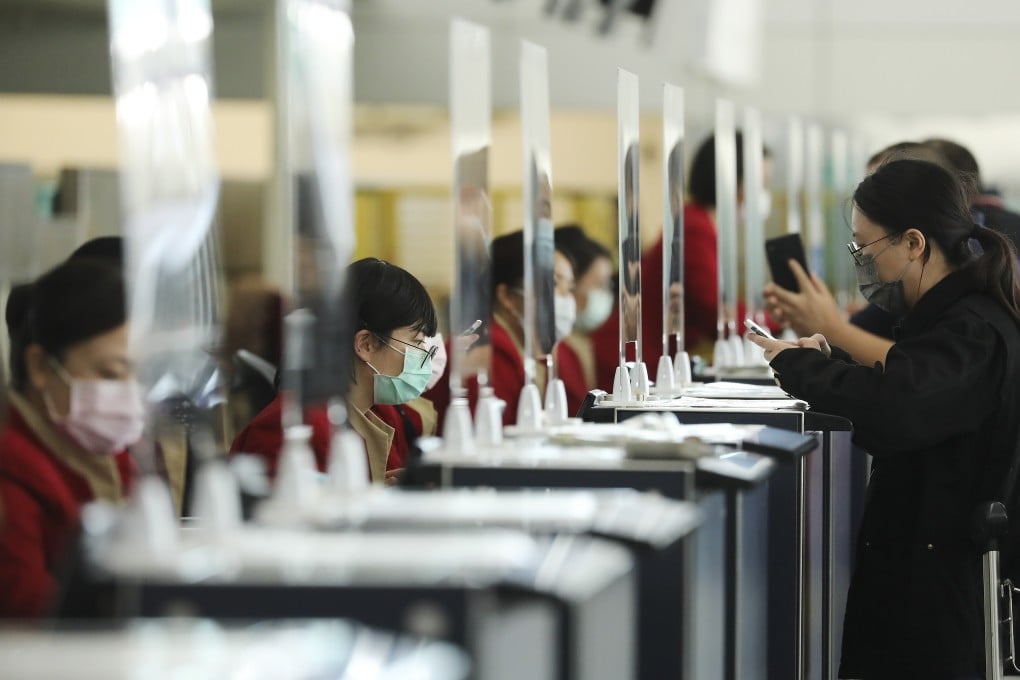Advertisement
Hong Kong travel agents fear cash squeeze as Cathay Pacific targets tickets sales in money-saving move
- Industry group fears commission earnings could take a hit and accuses airline of trying to undercut its members
- Airline says city’s travel agents have to ‘embrace change’ and adapt to a new reality
Reading Time:3 minutes
Why you can trust SCMP

Days after laying off thousands of staff, Cathay Pacific has been accused of putting profit before people by Hong Kong’s travel agents in a row over ticket sales.
The airline is reportedly considering changes to how its tickets are sold, and wants the industry to get on board as it looks to save money, and reduce the cost of selling a seat.
For travel agents, that could mean losing the commission they earn when they sell a flight, and for passengers it could mean the end of cheaper air fares.
Advertisement
The Society of IATA Passenger Agents (SIPA), a coalition of the largest travel agents in Hong Kong, is afraid the airline plans to undercut its members and wants to lure more passengers to book directly with them.

03:43
Cathay Pacific Airways announces its largest job cuts in history
Cathay Pacific Airways announces its largest job cuts in history
Cathay said agents needed “to embrace changes to adapt to the new travel reality”.
Advertisement
Advertisement
Select Voice
Select Speed
1.00x